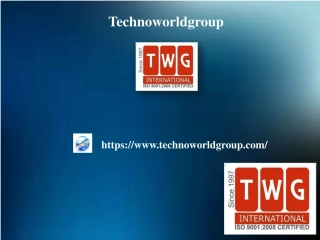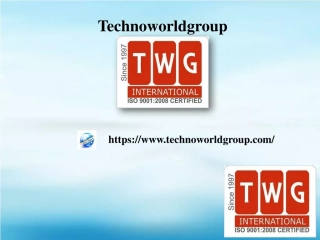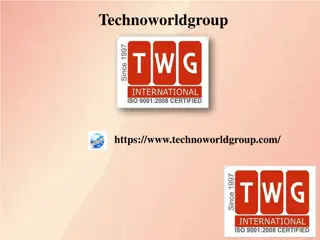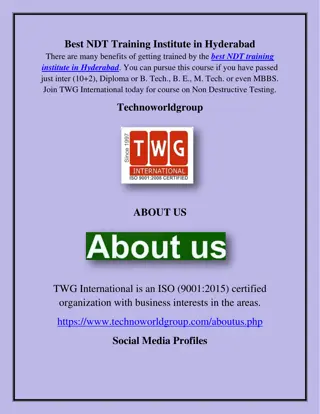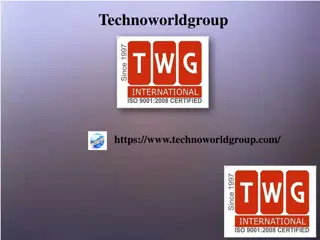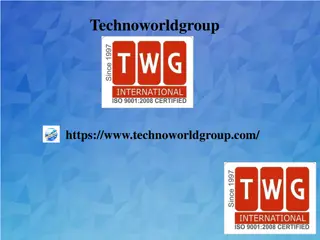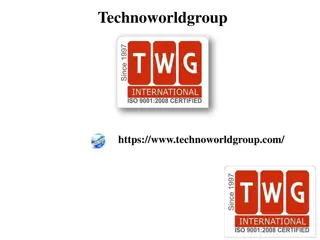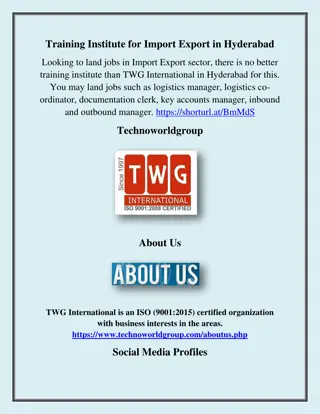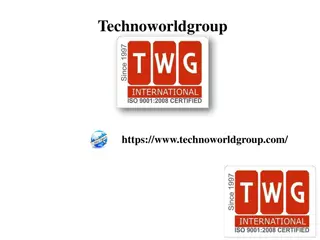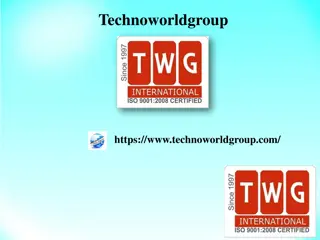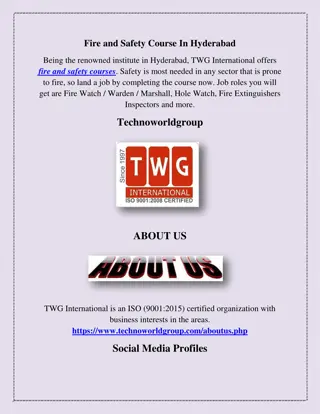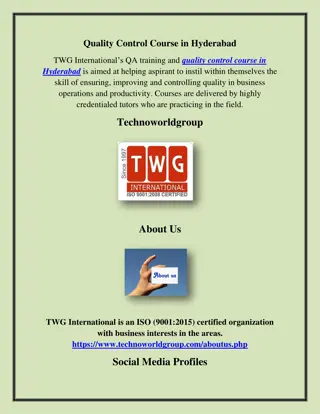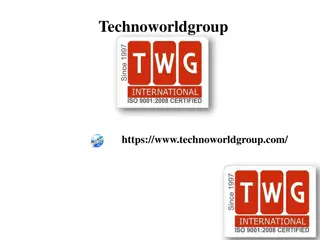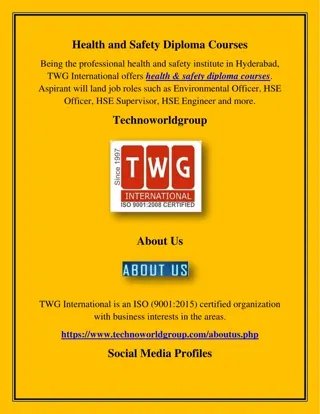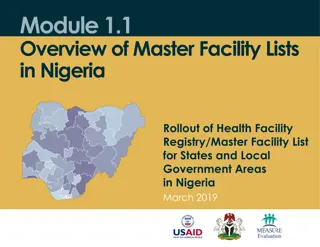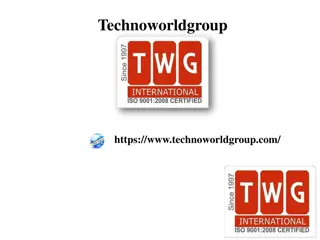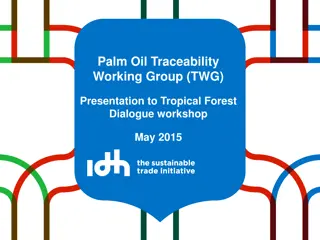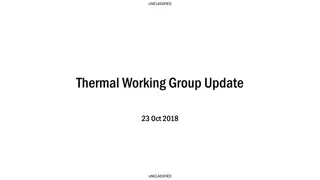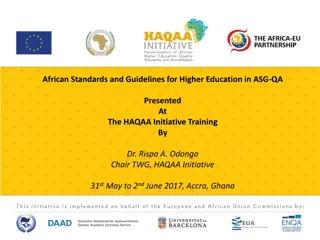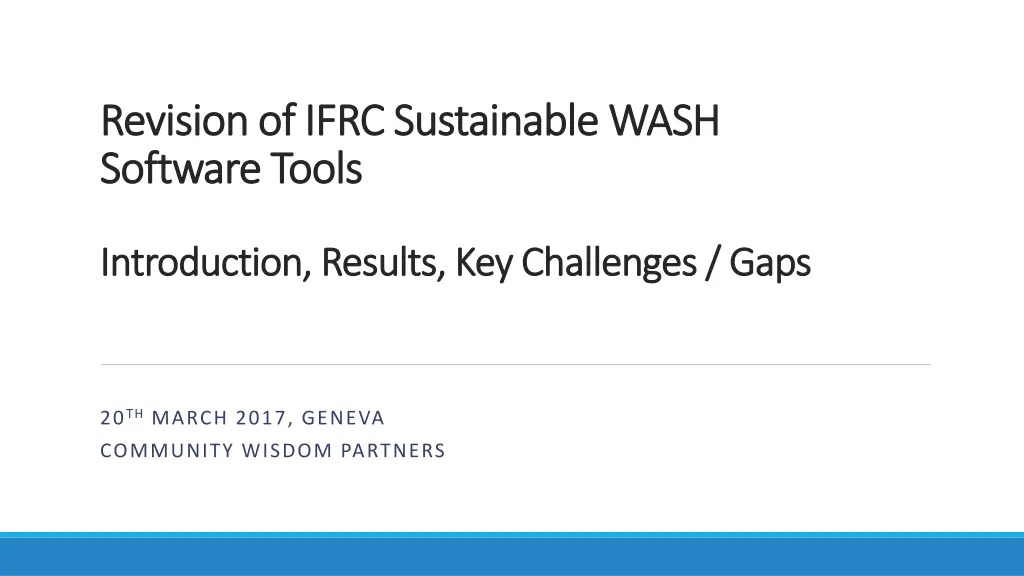
IFRC Sustainable WASH Software Tools Revision Insights
Explore the journey of revising IFRC's Sustainable WASH software tools, highlighting key challenges, community wisdom insights, and planned publication enhancements. Discover the objectives, scope, mapping findings, and identified challenges shaping the future of long-term water and sanitation programming tools.
Download Presentation

Please find below an Image/Link to download the presentation.
The content on the website is provided AS IS for your information and personal use only. It may not be sold, licensed, or shared on other websites without obtaining consent from the author. If you encounter any issues during the download, it is possible that the publisher has removed the file from their server.
You are allowed to download the files provided on this website for personal or commercial use, subject to the condition that they are used lawfully. All files are the property of their respective owners.
The content on the website is provided AS IS for your information and personal use only. It may not be sold, licensed, or shared on other websites without obtaining consent from the author.
E N D
Presentation Transcript
Revision of Revision of IFRC Software Tools Software Tools IFRCSustainable WASH Sustainable WASH Introduction, Results, Key Challenges / Gaps Introduction, Results, Key Challenges / Gaps 20THMARCH 2017, GENEVA COMMUNITY WISDOM PARTNERS
This afternoon Present consultancy Present findings from work done to date To get feedback and guide the way forward with revision of the IFRC WASH software tools publication and roll-out plan
Terms of Reference Specific objectives 1. Assess the needs for support in long-term HP programming & develop set of recommendations for capacity development 2. Produce draft revision of The IFRCs software tools for long-term water and sanitation programming 3. Develop a roll-out plan for the revised publication Main output = Revision of the IFRC software tools publication, through a consultative process with RC/RC field practitioners
Scope and timeline START Sept 2016 END April 2017 PHASE 1 Desk review PHASE 2 Key informant interviews Mapping of current WASH software approaches & opinions (e-survey) PHASE 3 Production of revised publication and roll- out plan Key team member Ana Chelsea Chiqui
Mapping and Key Informant Interviews E-survey / mapping: 2 versions longer 1st version piloted with 5 people; shorter 2nd version focussed on mapping . 2nd version in English and Spanish. 9 responses total 7 from Asia, 1 from East Africa, 1 from Latin America Limited representation Interviews: 14 in total Key informants a mix of IFRC ( x 3), Partner NS (x 4), Host NS (x 6) and other (x 1)
Approaches to Implementation Community Level Approaches
Socially and Culturally Adapted Hardware Behaviour Change Assessment
Key challenges identified Mainly through KIIs and desk-review Summarized and structured into 3 areas: Capacity, Programmatic, Software / Approaches CAPACITY RELATED CHALLENGES: oHardware specialists and traditional WASH staff often have different competencies than are required for Software oSoftware expertise at National Society level varies widely, and needs to be strengthened particularly in: behaviour assessment (barriers, motivators etc.), selection of software approaches and tools, integration, MHM, behaviour monitoring and evaluation (including indicator development) oSpecialised WASH software capacity within IFRC is limited oLoss of quality and impact as trainings cascade down through NSs, branches to community-based volunteers. oRetention, monitoring and performance evaluation of community-based volunteers.
Your feedback and input needed! Challenges faced 3 areas: Capacity, Programmatic, Software / Approaches 1. Which challenges/gaps would you prioritise? Please score/rate them on a scale of 1 to 5: 1 very high priority or importance 2 high priority or importance 3 somewhat important 4 low priority or importance 5 not a priority / not important What challenges/gaps are missing? 2.

